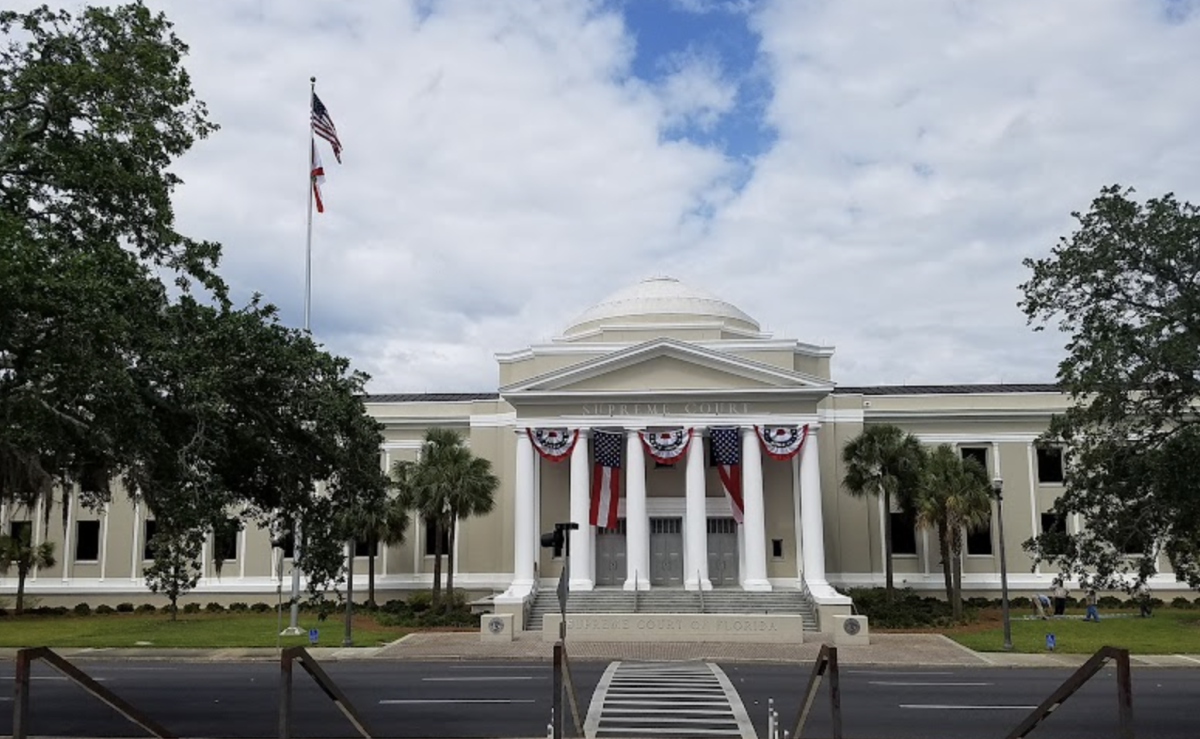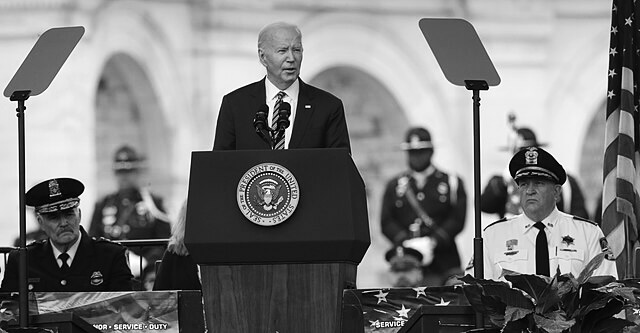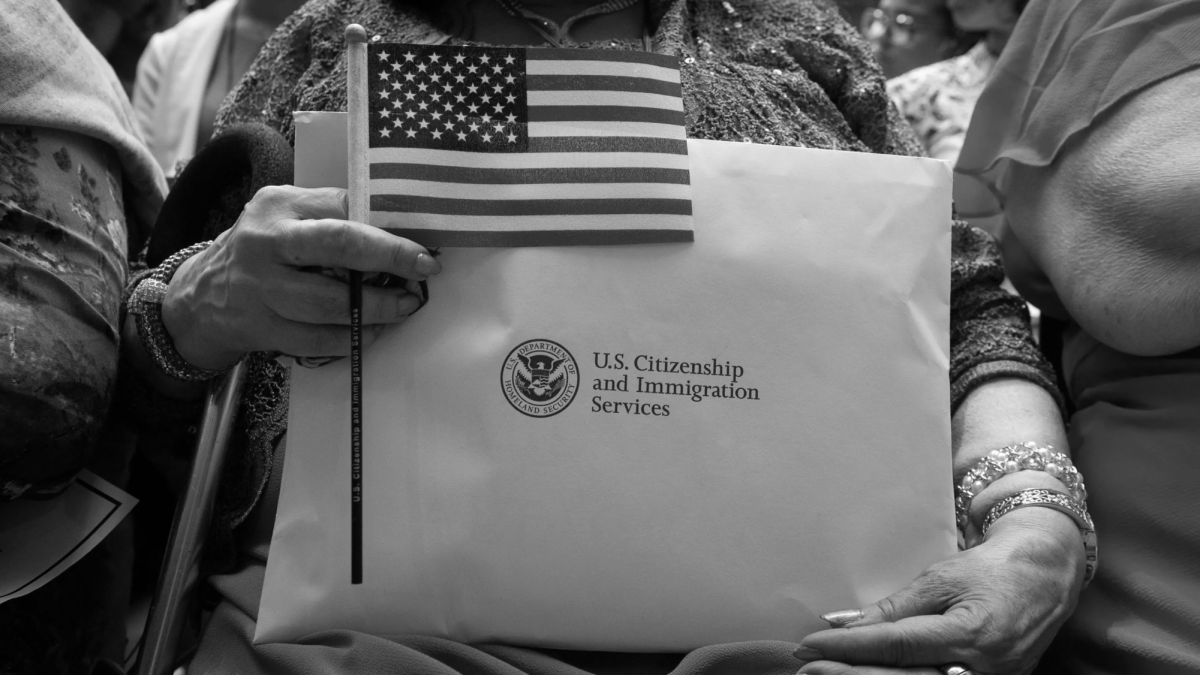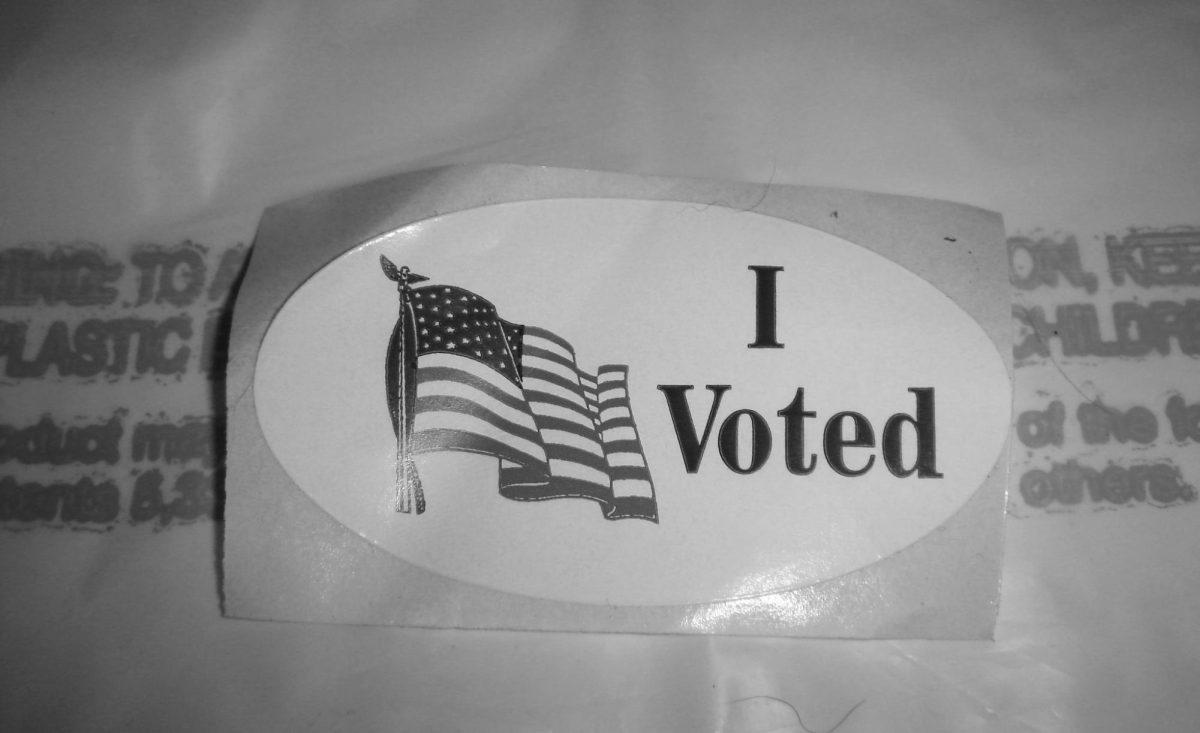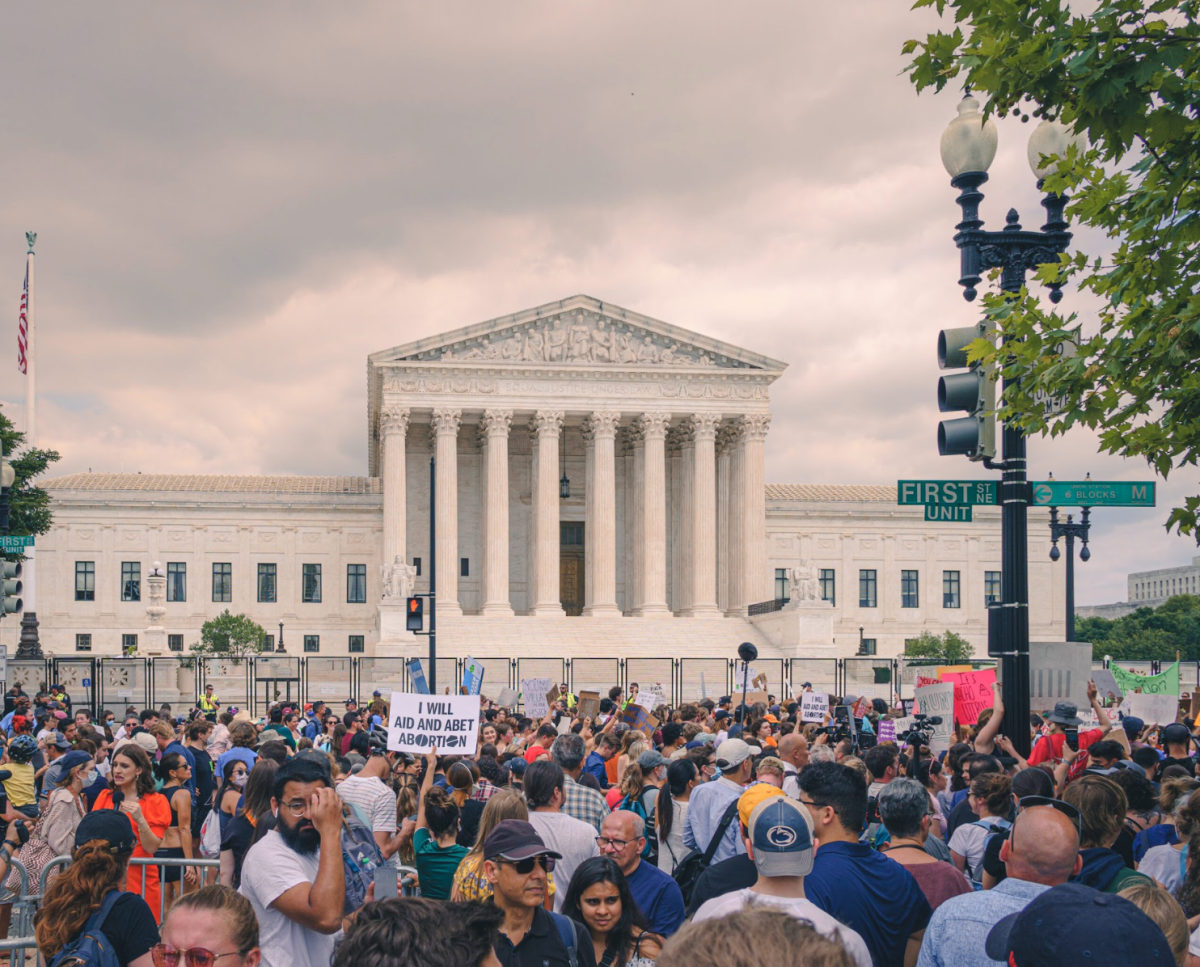On June 29, 2023, the Supreme Court ruled that race-conscious admissions at Harvard University and the University of North Carolina were unconstitutional. This decision affects all colleges throughout the United States that use race-conscious admissions to ensure a diverse incoming class. Now, every college in the nation will be banned from considering race in admissions, harming students who are part of underrepresented minority groups.
According to CBS News, race-conscious admissions define “any set of policies in place to ensure equal opportunity and prevent discrimination based on a broad range of identities, including race, sex, [and] gender.”
Race-conscious admissions were established as a result of systemic oppression against people of color. As this oppression continues today, it is essential that institutions recognize applicants’ racial backgrounds in order to combat societal pressures against them. However, as the Supreme Court has ruled that race-conscious admissions is unconstitutional, they have made equitable admissions review impossible by banning the consideration of race in college applications, therefore reinforcing the oppression of minority students.
Many people against race-conscious admissions advocate for a “colorblind” approach in college applications, suggesting that race should be hidden on applications. However, many of these students had to overcome specific challenges based on their race, ethnicity, socioeconomic status and gender, which must be considered in their applications in order to effectively learn about their experiences.
Additionally, it is vital to take people’s privileges into account when reviewing their applications. Without indications of the privileges students were born into, colleges will accept students with more opportunities rather than those who had to take advantage of limited opportunities. By providing colleges insight into a student’s identity and life circumstances, they will be able to make a more just admissions decision.
Simultaneously, colleges used race-conscious admissions in order to increase student body diversity. Currently, the make-up of many college student bodies consists of a majority of white and Asian-American students, while overlooking students who identify as African-American, Hispanic, Native American or other minorities. So, by implementing policies of race-conscious admissions, colleges were able to increase diversity and therefore better the experiences of all students.
With race-conscious admissions now banned, privileged students will have a higher chance of being accepted, even though they might just have had more access to programs or other valuable resources than others. So, the only equitable decision the Supreme Court could have made would have been to allow colleges to use race-conscious admissions in order to ensure that all students’ identities and lived experiences factor into admissions decisions and that students from minority groups have an equitable admissions consideration.
Overall, the Supreme Court’s decision on race-conscious admissions was extremely inequitable, as students with pre-existing advantages will be favored in college admissions. Now that colleges have lost the chance to implement race-conscious admissions, many students who are a part of minority groups will be denied fair and equal admission considerations.






